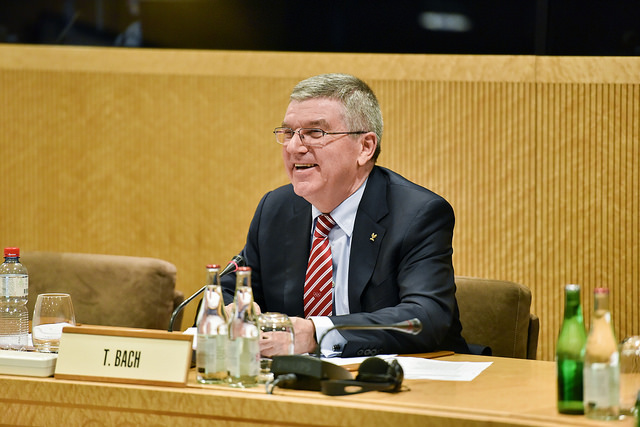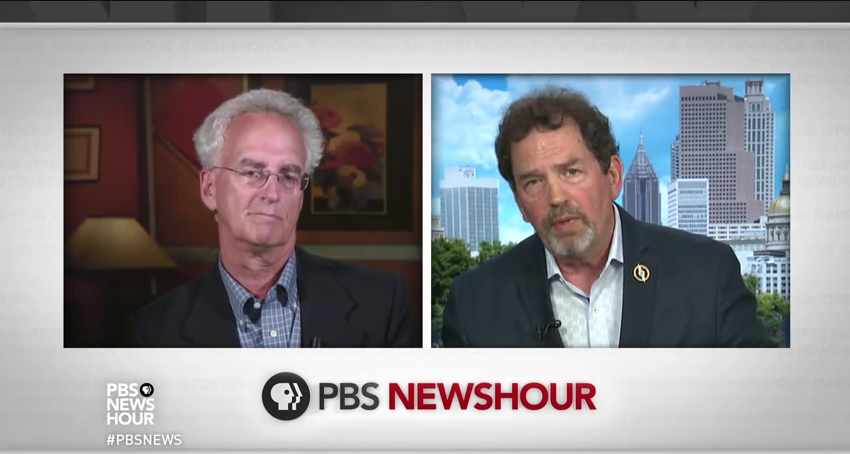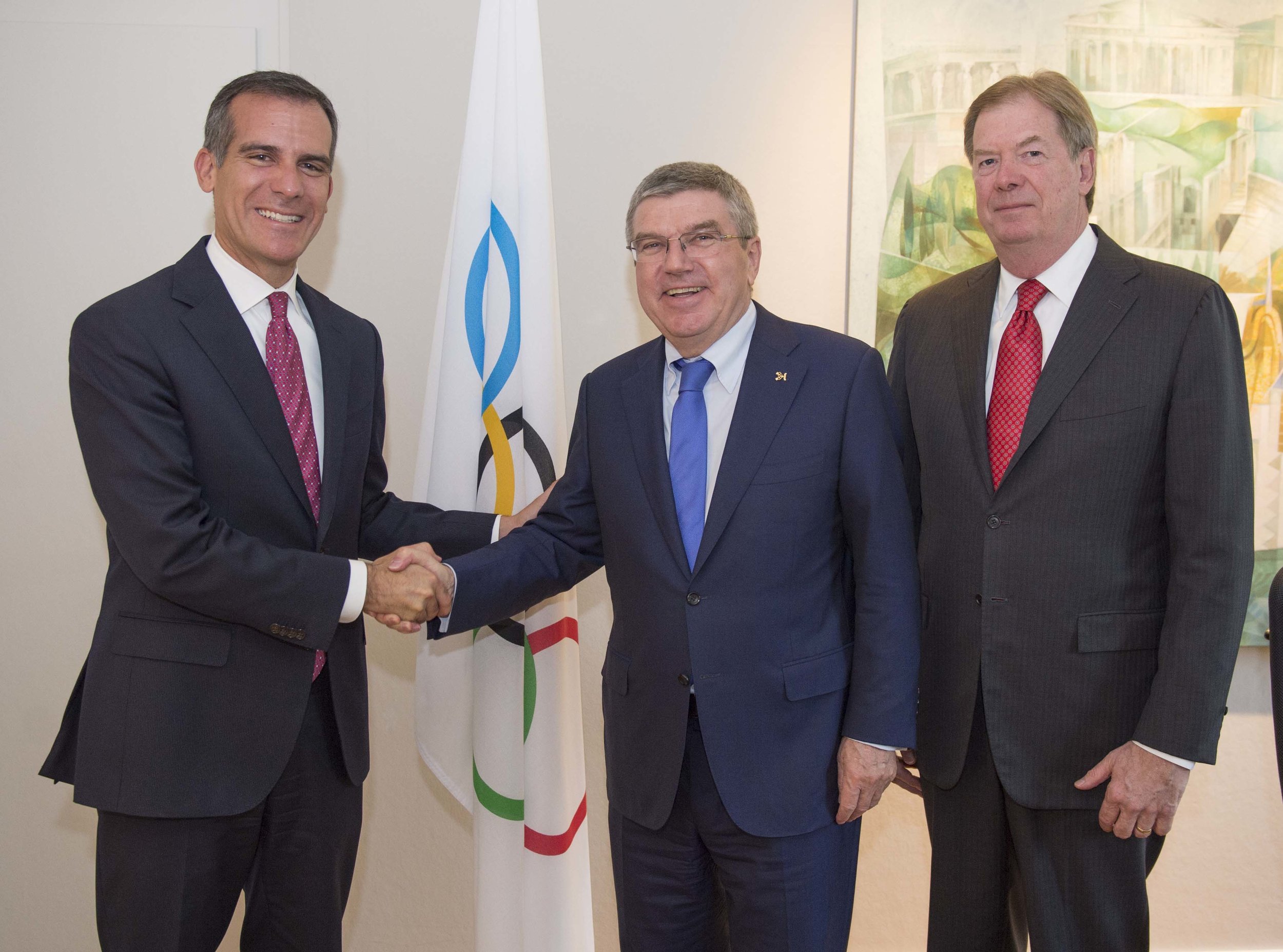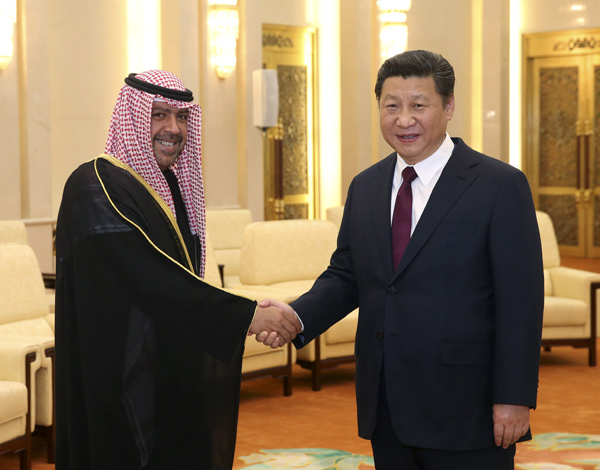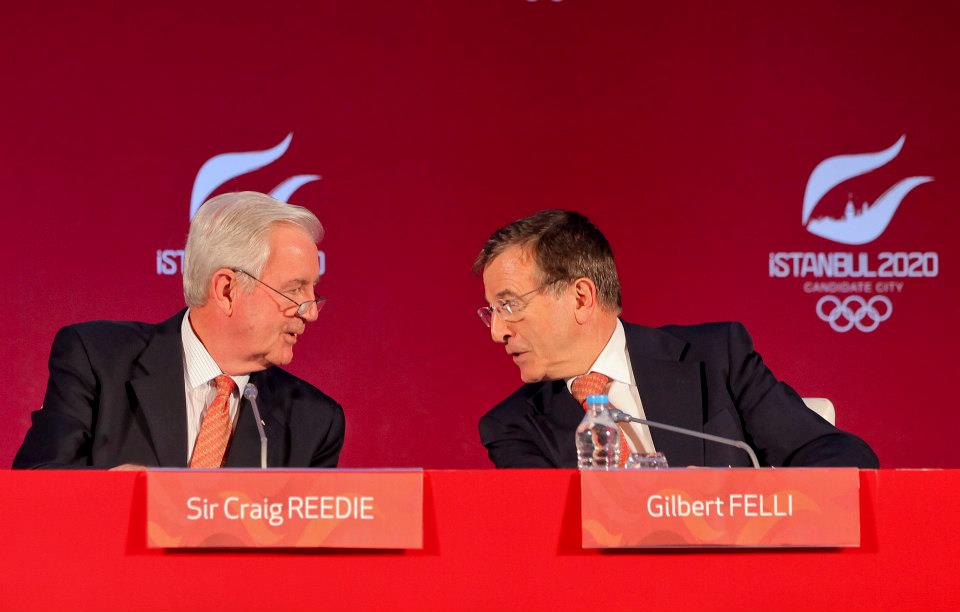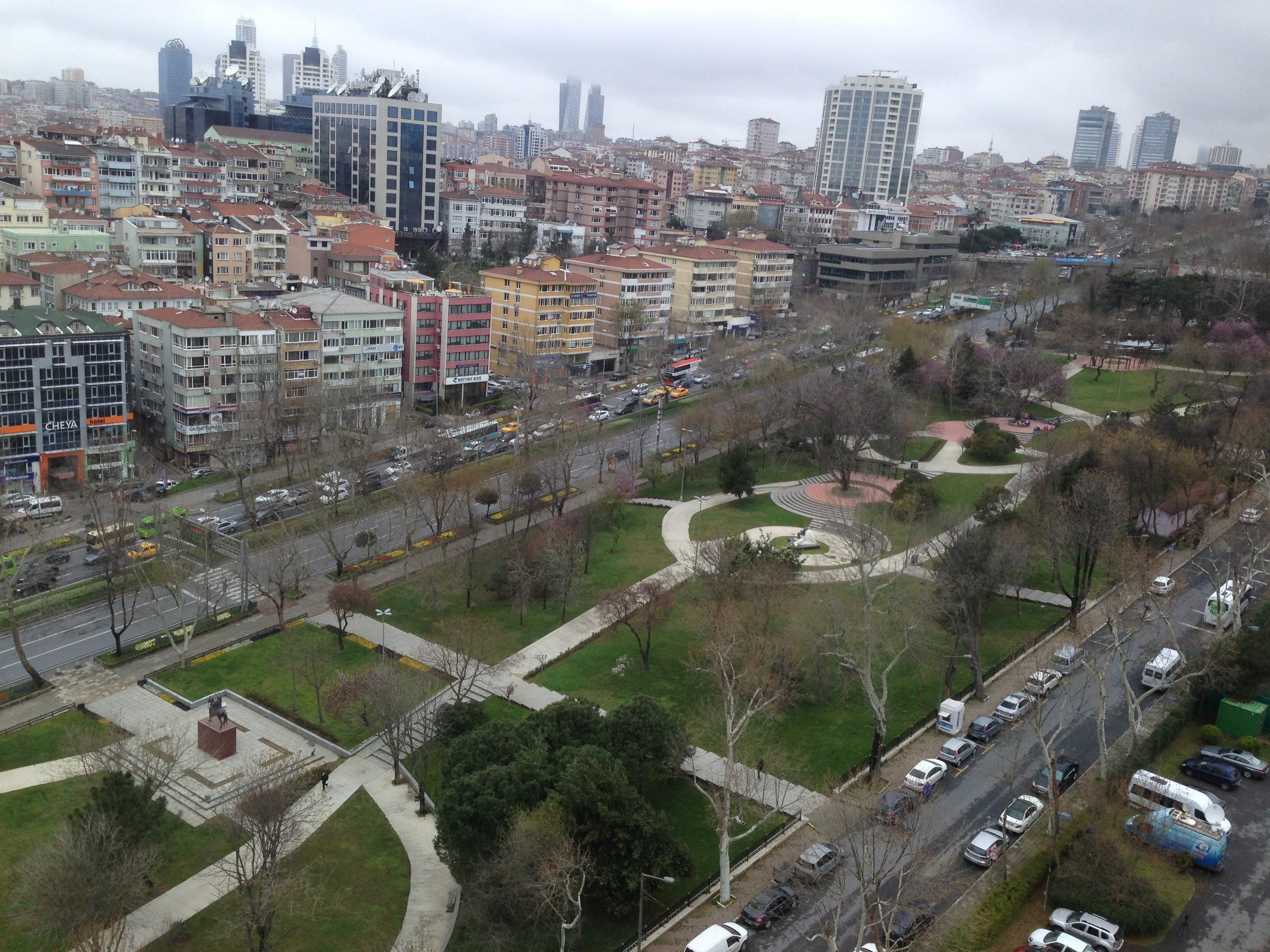BUENOS AIRES -- Thomas Bach of Germany was elected president of the International Olympic Committee Tuesday, replacing Jacques Rogge of Belgium.
Bach is a gold medal-winning fencer at the 1976 Montreal Games who went on to become a lawyer. He was made an IOC member in 1991 and has served in virtually every position but president. Over the years, he has made no secret of his ambition for the top job.
Now he has it, winning decisively in the second round of voting over five other candidates. He received 49 votes, two more than he needed. Combined, the other five got 44.
Bach, 59, becomes the IOC's ninth president. Eight of the nine have been Europeans. The only exception: the American Avery Brundage, who served from 1952 to 1972.
The new president will serve a term of at least eight years. IOC rules permit the possibility of a four-year second term. Bach said he hoped to lead according to his campaign motto, "Unity in diversity," and declared, "You should know that my door, my ears and my heart are always open for you.''

The intrigue in Tuesday's balloting underscored Bach's support -- completely overt -- from the Olympic world's new No. 1 power-broker, Kuwait's Sheikh Ahmad al-Fahad al-Sabah.
Also manifestly at work Tuesday, indeed throughout this landmark 125th IOC session, at which Tokyo was selected host for the 2020 Games and wrestling was put back onto the program for the 2020 and 2024 Summer Olympics: the influence of Russian president Vladimir Putin. As Bach was making his way down a line of reporters shortly after being elected, Dmitry Chernyshenko's phone rang. He heads the Sochi 2014 organizing committee. It was Putin calling, for Bach, with congratulations.
As one triangulates, let there be no doubt: Sheikh Ahmad is now unequivocally positioned as one of the most influential figures in international sport.
This, too: Bach is certainly European. But to have a key political backer who is head of the Olympic Council of Asia and head of the Assn. of National Olympic Committees is perhaps evidence of a subtle shift in the Olympic worldview.
At any rate, about this there can be no misunderstanding: the IOC election Tuesday completed a turn that through 2013 has seen an older generation of leadership moved aside by younger personalities with different ideas and new energy.
This political master drama, a classical study that academics and operatives alike could learn much from as it played out in real life over more than 10 years, intensifying over the last 18 months, culminated Tuesday in Bach's emphatic ascent.
Out: Rogge, Mexico's Mario Vazquez Raña and, in something of a rebuke to the outgoing president, his former associate, the former International Cycling Union president Hein Verbruggen of Holland. Verbruggen served Rogge in a variety of roles, including as chief of the Beijing 2008 Games coordination commission; he was also the former head of SportAccord, the umbrella group of international sport federations.
Vazquez Raña and Verbruggen have hardly disappeared from the scene, and to count them out completely -- each entirely accomplished and hugely intelligent -- might well, it is true, be premature. Now, though, the leverage and access are completely different.
In: Bach, the sheikh, the judo federation and new SportAccord president Marius Vizer, who lives in Hungary, and perhaps a handful of trusted others. This, as Bach's mandate gets underway, is the essential new power base of Olympic sport.
Bach defeated five other challengers: Richard Carrión of Puerto Rico, Sergei Bubka of Ukraine, Denis Oswald of Switzerland, Ser Miang Ng of Singapore and C.K. Wu of Chinese Taipei. Only Carrión, the IOC's finance chairman, managed even double-digits in the two rounds of voting.
In Bach, amid a world buffeted by economic, environmental and security challenges, the IOC signaled that it was not looking for transformational change.
While the other five candidates in their campaign manifestoes, or action plans, had proposed suggestions that put the IOC at the center of a variety of wide-ranging global sport and technology initiatives, Bach for the most part focused on the IOC's franchise, the Olympic Games.
"Considering the many challenges ahead, the IOC's focus must be safeguarding the uniqueness and relevance of the Olympic Games in an ever-changing world," Bach had said in his.
He also said that "keeping the Olympic Games the most attractive event in the world for all stakeholders is a top priority for the IOC."
This may not be especially bold. This might not be particularly opportunistic. Then again, the IOC tends to be traditional, especially at big moments. And, given the stakes, it makes fundamental sense when looked at in bright light.
Sochi 2014 and Rio 2016, for instance, are now being referred to in influential Olympic circles as "experiment" Olympics. The capital budget for Sochi is already north of $50 billion and the new anti-gay law there has raised concerns in several Western nations. In Rio, construction is running slow and over-budget and, moreover, it was disclosed here that sponsorships are proving hard to sell.
Thus: when the IOC members looked around at this moment in time, what -- most -- did they want?
Continuity.
The Rogge years will likely be viewed, most of all, by one word: stability.
Juan Antonio Samaranch of Spain served before Rogge for 21 years. Samaranch is still largely a beloved figure within the IOC. Elsewhere, the first thing that often comes up is the Salt Lake City corruption scandal, which erupted in the late 1990s.
Rogge was elected in large measure to see the IOC through the Salt Lake reforms and to restore the institution's worldwide prestige.
"You have led us through those bad times," Princess Haya al Hussein of the United Arab Emirates, president of the International Equestrian Federation, told Rogge as the assembly closed late Monday, adding he "clearly understood" the IOC's way forward was rooted in "good governance."
She said he had brought "our family out of its darkest times into a good future," years that in time people will come to understand as truly remarkable fiscally, growing the IOC's financial reserves from $100 million to more than $900 million despite the global economic crisis -- enough to survive an entire four-year Olympic cycle, indeed to secure what the princess called a "clear future."
Rogge's response was classic: "I did no more than my duty," he said, adding, "What has been achieved is not one man. It is a team. Thank you very much."
Rogge, an orthopedic surgeon by training, came to office on a summer Monday in Moscow in 2001. He was then 59, an IOC member for 10 years, a man of distinct vigor, his hair still dark.
After 12 years in office, he steps down in winter on a Tuesday in Buenos Aires. He is now 71. His hair is grey.
"If you want to achieve something in the IOC, you have to age," he said wryly during the assembly late Monday to Christophe Dubi, the sports director and incoming Games executive director, whom Rogge has always called "young man."
Intensely European himself, Rogge nonetheless oversaw Games for the first time in China (2008) and the IOC's "new horizons" moves to South America (Rio 2016) and, for the Winter Games, Russia (2014) and South Korea (2018).
Rogge oversaw six editions of the Games, three Summer, three Winter and, as well, ushered in the Youth Games, the first Summer edition in Singapore in 2010, the first Winter product in Innsbruck in 2012.
"The fact that I could describe six Olympic Games and two Youth Games as being successful is for me the biggest reward I could have," he said here.
Beyond Salt Lake, Rogge also had to cope with unexpectedly intensified security concerns. The 9/11 attacks took place three months after Rogge took office, just five months before the 2002 Salt Lake Games, and would add security complications to those Olympics and thereafter.
He had to confront a multitude of financial issues. Some involved a lengthy dispute with the U.S. Olympic Committee over certain broadcasting and marketing revenues. They cut a new deal last year.
There were other issues as well: illicit doping and illegal match-fixing, in particular.
Throughout, Rogge remained typically calm, almost always implacable. His management style tended toward the technocratic. It was big on process.
This could be seen in the 12 years of back, forth and sideways over the Summer Games line-up which ended Sunday with the members' vote to reinstate wrestling.
It had been kicked out in February of what was called the "core" group of sports by the IOC's policy-making executive board, then forced to fight with squash and a combined bid from baseball/softball for a place.
Squash has been on the outside looking in for 10 years. Baseball and softball were both once in and now are out. Meanwhile, over the Rogge presidency, the only additions to the Summer Games sports line-up are that, come 2016, golf and rugby-sevens will be played.
Surfing? Skateboarding? Still waiting.
Virtually everyone associated with the Olympic movement agrees the program needs wholesale review.
So, too, the bid city process. The 2020 line-up produced just three finalists -- Tokyo, Madrid, Istanbul -- after four for 2016 and five of the world's great cities for 2012.
Mostly, what the movement needs is simply a dose of new energy.
There are those who say that in Bach, the sheikh and Vizer the movement is heading in ways no one can portend.
Then again, these three also say that they -- along with the head of the Summer Games' federations' association, which goes by the acronym ASOIF, currently Francesco Ricci Bitti of Italy, the international tennis federation president -- can foresee a new way. They say it might open up new avenues of governance and, to be candid, transparency.
Big picture, the IOC is caught in transition between 19th-century club and 21st-century multibillion-dollar business.
The way the IOC is structured, authority has been far too confined between the president, the director-general and remarkably few staff. The model would hardly pass many business-school studies.
Bach surely now has a mandate.
The sole question heading into Tuesday's vote was not whether Bach would win. It was whether he would win on the first round.
"People are turning," one of the soon-to-be defeated candidates had said late Monday night, acknowledging the obvious. "For months they tell you one thing. They look at you in the eye and now tonight they tell you something else. It's very disappointing."
It is an IOC maxim that in the first round members vote for their friends. In the second they get serious.
In the first-round, Bach carried 43. Carrión got 23, Bubka 8, Oswald 7, Ng and Wu 6 apiece. IOC rules put the tie to a run-off; Ng got 56, Wu 36; Ng moved on to the second round, Wu was eliminated.
In the second round, needing 47 votes to win, Bach got those 49. Carrión took 29, Ng 6, Oswald 5, Bubka 4.
The candidacies of both Ng and Wu were apparently hurt by Tokyo's win for 2020. Five times to Asia in 12 years ... Tokyo 2020 just three days ago ... the notion of an Asian president ... it was all, as the as the senior Canadian member Dick Pound put it, "too much Asia, too soon."
Twelve years ago, Rogge -- in a field of five -- won in the second round with 59 votes; runner-up Kim Un Young of South Korea got 23.
If it seems obvious, this is a lesson Samaranch taught, and the sheikh obviously took to heart: relationships are everything, and people like to know that they matter.
This is why the line-up to see Sheikh Ahmad in Room 532 of the Hilton Hotel here throughout the week was non-stop. What was he offering inside? Coffee. Tea. Water.
On Monday evening, wearing a paisley jeans and a shirt, he stopped in front of a coffee bar in the Hilton lobby. For a solid 10 minutes, a stream of well-wishers stopped to chat.
The sheikh, 50, first signaled his strength last year when he took over as president of the Assn. of National Olympic Committees, deposing the venerable Vazquez Raña. ANOC represents the world's 204 national Olympic committees. The vote: 174 in his favor, one against, two abstentions.
Last year in London, he helped elect to the IOC executive board both Patrick Hickey of Ireland and one of Tuesday's presidential candidates, Wu.
Earlier this year, he and his team helped engineer Vizer's SportAccord election.
Then, earlier this summer, they saw to it that Buenos Aires won the 2018 Youth Games.
On Saturday, Tokyo 2020.
Tuesday, Bach.
In voting later Tuesday afternoon the sheikh helped elect Anita DeFrantz of Los Angeles to the IOC's executive board. She had last served on the board in 2001.
One of the players in one of these dramas was in the Hilton lobby after the presidential election. He was willing to speak but not for the record: "A new world is open now."





